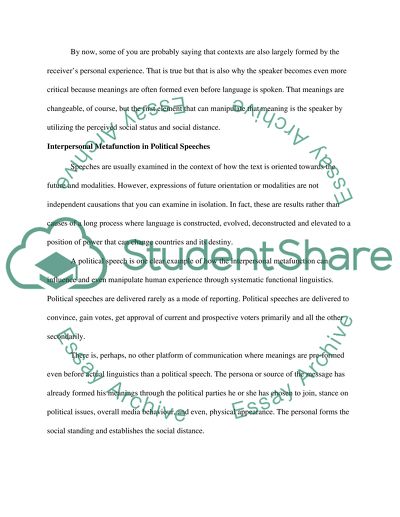Cite this document
(“Analysis of the War on Terror Discourse from the Perspective of Dissertation”, n.d.)
Retrieved from https://studentshare.org/english/1431147-analysis-of-the-war-on-terror-discourse-from-the
Retrieved from https://studentshare.org/english/1431147-analysis-of-the-war-on-terror-discourse-from-the
(Analysis of the War on Terror Discourse from the Perspective of Dissertation)
https://studentshare.org/english/1431147-analysis-of-the-war-on-terror-discourse-from-the.
https://studentshare.org/english/1431147-analysis-of-the-war-on-terror-discourse-from-the.
“Analysis of the War on Terror Discourse from the Perspective of Dissertation”, n.d. https://studentshare.org/english/1431147-analysis-of-the-war-on-terror-discourse-from-the.


